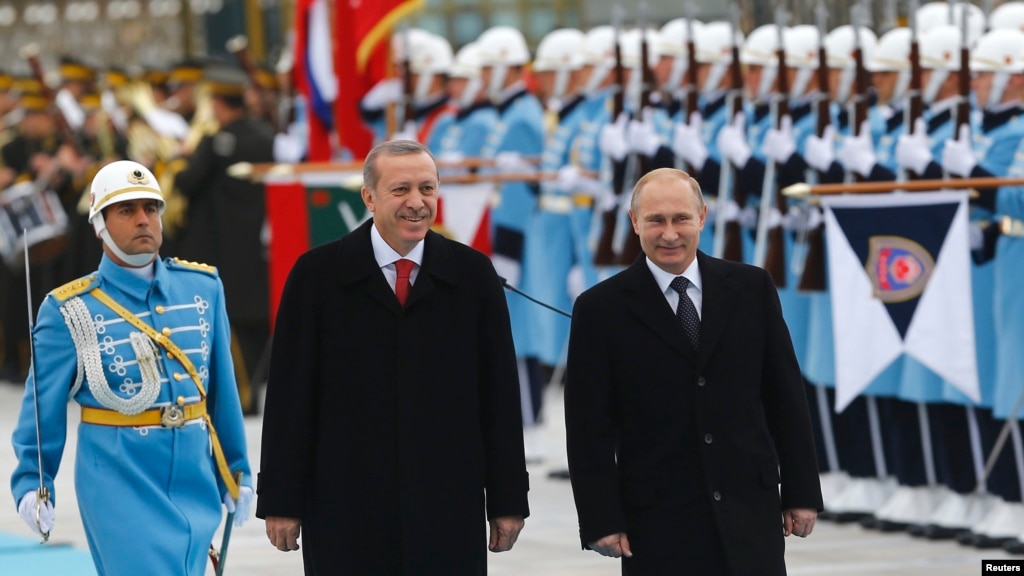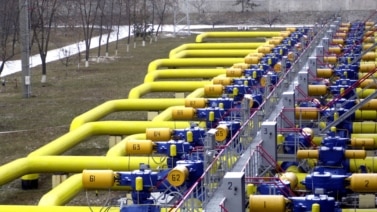
Russia says it will stop sending natural gas to Europe through Ukraine and will start sending it through Turkey. Turkey welcomes the decision. For ten years the country has aimed to be a major energy hub, or distribution center.
But some critics say Turkey is not prepared to play such a role.
Atilla Yesilada is a senior partner at Global Source Partners, a research group in Turkey. He says Russia’s decision is a major opportunity for his country.
“Turkey simply becomes the next Ukraine and Turkey could become a major energy hub that supplies Europe.”
But Mr. Yesilada says Turkey has a lot of work to do before that can happen. He says Turkey will need to understand the gas market, know the buyers, predict prices and build places to store natural gas. He says being an energy hub will require a big investment but it may also bring a lot of money and political power.
Volkan Ozdemir is an expert at the Institute for Energy Markets and Policies in Turkey. He agrees with Mr. Yesilada that much work must be done before his country is ready to become an energy hub. He also says Turkey should work to become a place where energy is bought and sold, not just a place through which energy is transported. He says economic sanctions have weakened Russia. He says that means Turkey is in a good position to convince Russia that the two countries should become energy partners.
However, one expert says European countries are not happy that Turkey will be replacing Ukraine as the distribution center for Russia’s natural gas shipments.
Sinan Ulgen is a visiting scholar at the Carnegie Institute in Brussels. He says he is not sure that contracts Russia has signed to supply the natural gas through Ukraine can be legally changed.
“Because as things stand these terms stipulate that the gas will be supplied through Ukraine. And these are long-term contracts, so it’s an open question whether the terms can be negotiated.”
A top official of the huge Russian energy company Gazprom dismissed such concerns in January. Alexei Miller warned that Europe will have to make changes in its energy centers within two years to accept natural gas from Turkey.
Last month, Mr. Miller and Turkish Energy Minister Taner Yildiz spent four hours in a helicopter looking for possible places for a new natural gas supply route.
Turkey is in a strong negotiating position because Russia wants to make the change from Ukraine to Turkey quickly. Gazprom has already reduced the price of natural gas it is selling to Turkey two times. And a major pipeline is being built across Turkey from Azerbaijan to Europe. That pipeline will strengthen Turkey’s role as a major supplier of energy to Europe.
I’m Christopher Cruise.
Dorian Jones reported this story from Istanbul. Christopher Jones-Cruise wrote it for VOA Learning English. Kelly Jean Kelly was the editor.
Words in This Story
hub – n. the central and most active part or place
as things stand – idiom as the situation is
stipulate – v. to demand or require (something) as part of an agreement
open question – idiom. an unresolved issue, one that has not been finally determined
Do you depend on natural gas from Russia? We want to hear from you. Write your thoughts in the comments section.
